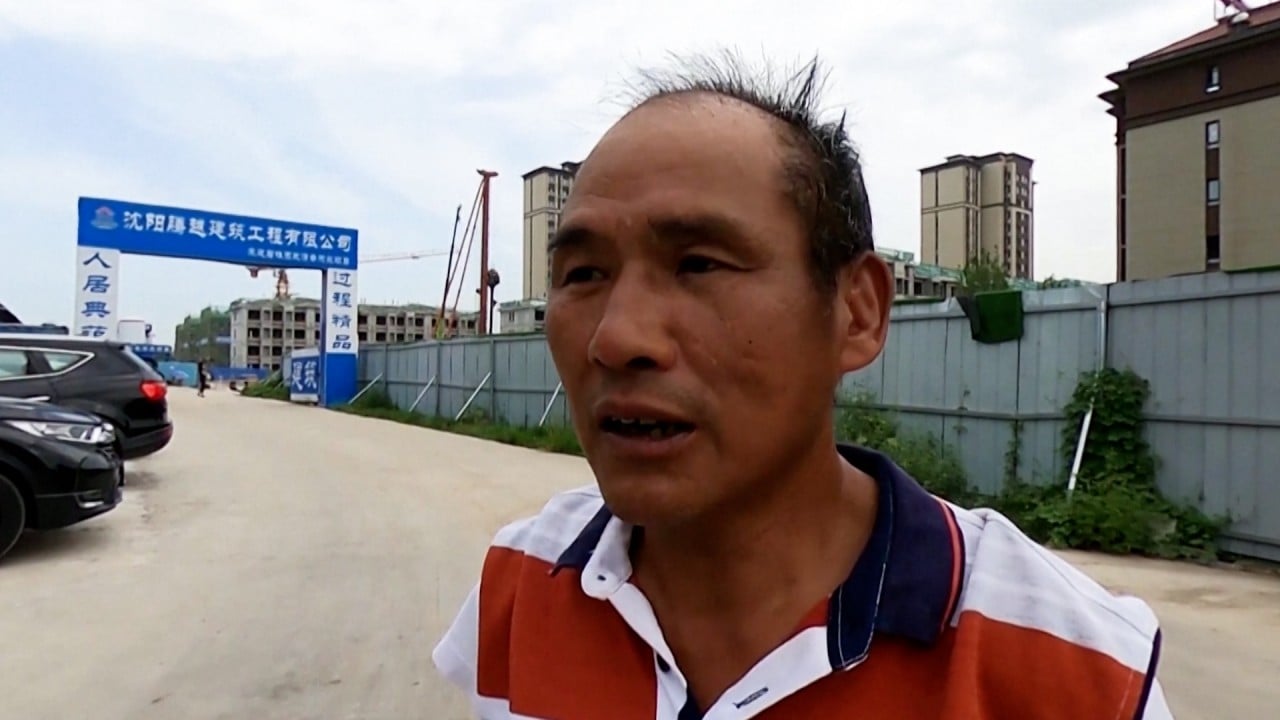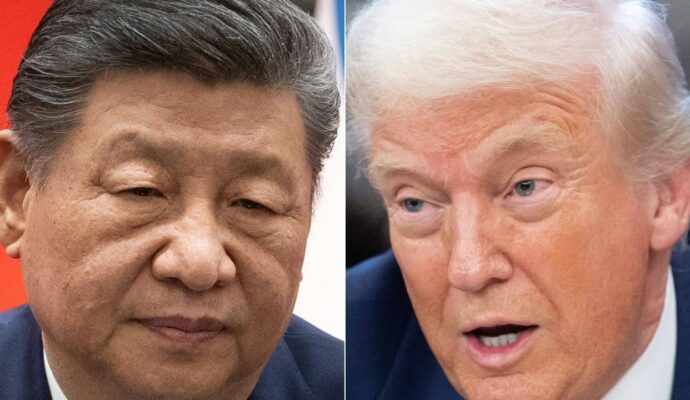To spur infrastructure-fuelled economic growth in the face of a property-market crisis and mounting debt pressure, local governments across China are expected to use up a record annual quota on special-purpose bond sales with months left on the calendar.
For all of 2023, China’s local governments were allocated an all-time-high quota of 3.8 trillion yuan (US$521 billion) worth of such bonds, which are often used to finance large-scale construction projects.
In a report to the Standing Committee of the National People’s Congress in Beijing on Monday, Finance Minister Liu Kun said that the goal is to complete the issuance of the entire 2023 quota by September, with the designated proceeds spent by the end of October.
Liu also acknowledged that there had been some difficulties and problems in terms of fiscal operations and budget execution, but he didn’t specify what those issues were, according to a report by Xinhua News on Monday.
As China’s debt risks mount, the spectre of looming local crises rears its head
As China’s debt risks mount, the spectre of looming local crises rears its head
“[We will] strengthen special-purpose-bond project reserves and post-investment management, and implement relevant tax and fee support policies,” Liu said, adding that fiscal, monetary and other policies would be coordinated to maximise the results.
And all the while, he said, efforts would be taken to curb local government debt risks.
Liu’s comments came as some of China’s local governments face mounting debt pressure that has raised concerns about their ability to repay investors and stabilise regional growth.
Advertisement
China’s huge property industry, which was long an important engine of economic growth, accounting for as much as 30 per cent of the country’s gross domestic product (GDP), has been dragging its recovery.
Zheng Shanjie, chairman of the National Development and Reform Commission, China’s economic planner, reiterated Beijing’s stance on adjusting and optimising property policies at an appropriate time, according to a Xinhua report on Monday.
However, investors appear to be growing more concerned that China’s property crisis has deepened in the wake of financial troubles at some of the country’s largest real estate companies, Evergrande and Country Garden.
In the latest attempt to boost the struggling market, China halved the stamp duty on stock trading, effective Monday. Meanwhile, local governments could scrap a rule that disqualifies people who have ever had a mortgage – even if fully repaid – from being considered a first-time homebuyer in major cities, and doing so could drum up housing demand.
Advertisement
“The market may still be underestimating credit risks and the chain reaction triggered by the significant collapse of the property sector,” Nomura warned. “Geopolitical tensions may continue to escalate and dampen the confidence of foreign investors.
“We believe the measures announced over the past weekend are not enough to stem the downward spiral of the economy, and more may be needed.”
Advertisement



